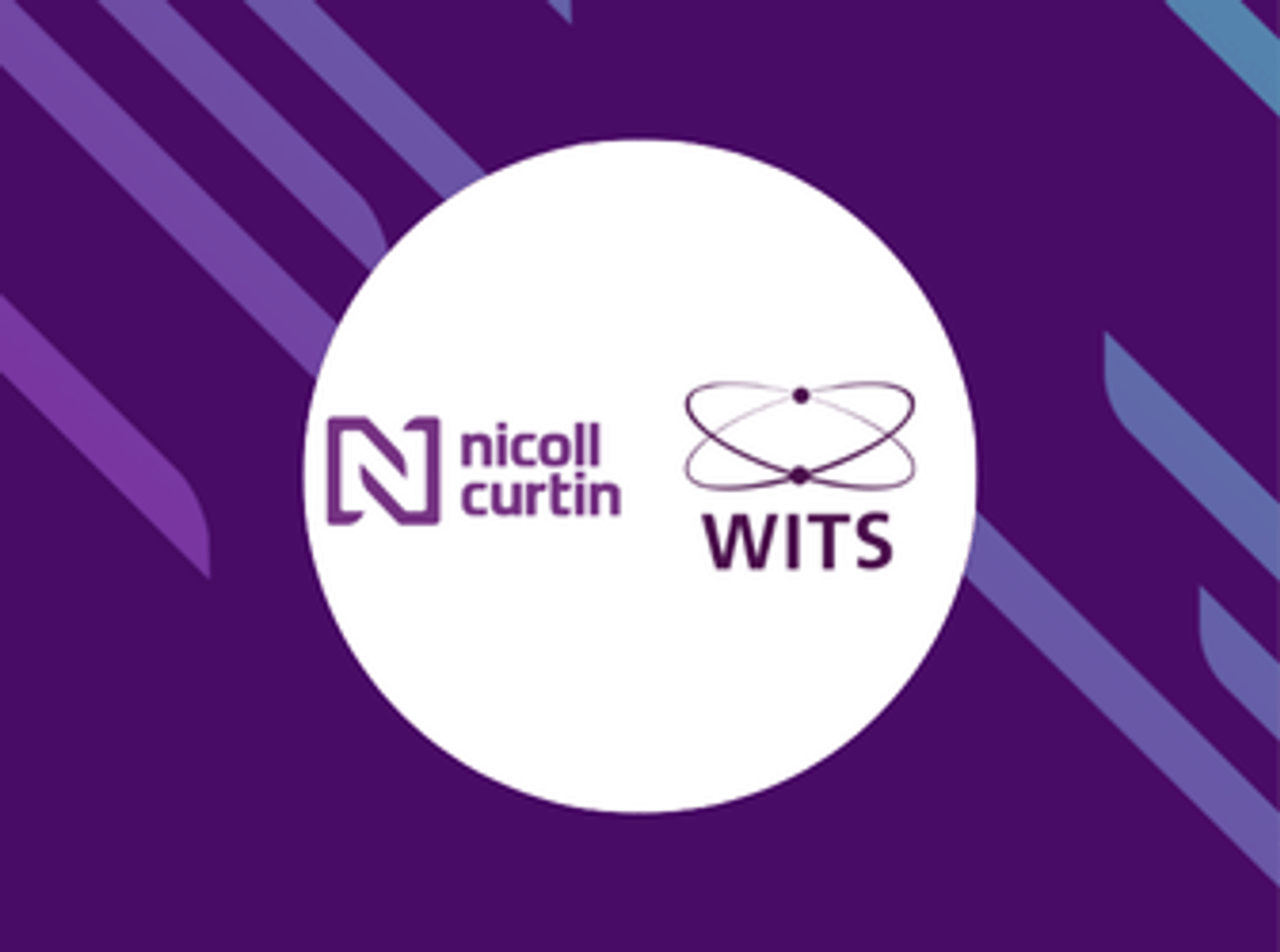Digital roles are becoming more defined, more technical, and more strategically embedded within organisations as they shift from experimenting with emerging technologies to fully implementing them. To future-proof their operations, companies are re-evaluating the expertise they need to drive innovation, with new technology jobs emerging across areas like AI ethics, cyber security, and immersive experiences.
Many businesses also report that in-house innovation teams are becoming the norm, creating opportunities for professionals ready to lead, grow, and make an impact in the digital workforce of tomorrow. Here are some of the digital jobs shaping that future.
Key roles defining the digital workforce
1. UX/UI Designer
The success of digital products relies on effective user experience, increasing the demand for UX/UI Specialists. Their job is designing clear wireframes, interactive prototypes, and thoughtful user journeys. Expertise in Figma, Sketch, and Adobe XD enables them to bring concepts to life, while thorough user research and usability testing ensure the final design meets both user expectations and business objectives.
2. AI Ethicist and Auditor
With AI integration expanding across technology sectors, businesses are looking for AI Ethicists and Auditors to evaluate algorithms for fairness, bias, and compliance with ethical standards. These specialists conduct thorough evaluations to guarantee AI systems uphold transparency and meet regulatory requirements. To excel in this role, developing skills in ethics, governance, and responsible AI, alongside proficiency in tools such as IBM Watson OpenScale and Fairlearn, is essential.
3. Cyber Security Strategist
Rising digital threats require cyber security strategists to develop and maintain comprehensive security frameworks. Their work involves risk assessments, incident response planning, and threat modelling using platforms like Splunk and Palo Alto Networks. Additionally, knowledge of cloud security and penetration testing plays a significant role in protecting a company's digital assets.
4. Quantum Computing Specialist
By surpassing the limits of traditional computing, quantum computing is transforming how complex problems are solved. Bringing these advanced solutions to life relies on strong skills in IBM Qiskit and Microsoft Quantum Development Kit. Equally important is familiarity with quantum mechanics, programming languages Python or Q#, and linear algebra.
5. Digital Twin Engineer
Digital Twin Engineers create virtual replicas of physical assets, allowing businesses to simulate, monitor, and optimise real-world processes more effectively. They rely on software such as Siemens NX, ANSYS Twin Builder, and Azure Digital Twins to develop these models. Furthermore, an understanding of IoT integration, data analytics, and 3D modelling is highly valued.
6. Extended Reality (XR) Developer
The rise of immersive technology has created new opportunities for XR Developers to design applications across training, retail, and entertainment. Bringing these concepts to life requires a strong command of tools like Unity, Unreal Engine, and ARKit or ARCore. Expertise in 3D modelling, real-time rendering, and programming languages like C# and C++ also plays a crucial role in delivering engaging user experiences and provides a competitive edge in the field.









